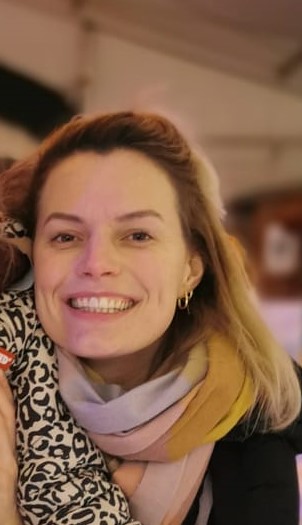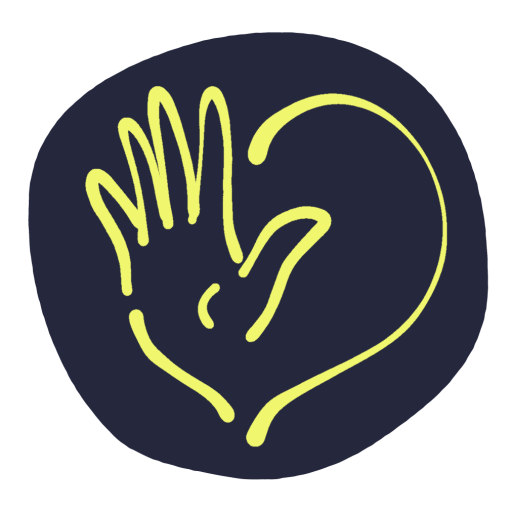Menu

Marieke van Rijn & Irene Kalshoven
Topic
The courage to change course!
From the search between ‘forceful or careful care’ to a focus on establishing the relationship and enabling nonviolent resistance.


Abstract
The treatment of people with a mild intellectual disability (IQ 50 – 80) with serious psychological and behavioral problems can be demanding for a team. Besides the psychological and behavioral problems, the discrepancy between cognitive and social-emotional age, the capabilities of the client and the expectations of themselves and the environment can lead to confusion for the client and staff. This confusion creates powerlessness which regularly leads to hesitation and not daring to act among the professionals, which in return gives ‘free reign’ to the client’s psychological & behavioral problems.
In addition, we see a challenge in the collaboration within the teams to support each other. The teams often include colleagues who traditionally opted for work with the disabled in order to take good care of the clients. On the other hand, we see colleagues who are attracted to the intensity of the work and choose a strict, directive attitude. The teams therefore face a challenge of how they can cooperate to form a ‘we’. We experienced that it takes a lot of courage for these professionals to focus on their own attitude, emotion and tension. We therefore developed working methods to allow professionals to reflect on their own attitude and to practice new skills. We will share one of these ‘working methods’ in the workshop.
Especially for these teams, who work with clients with intellectual disabilities, we adapted the Non Violent Resistance-interventions by using the ‘Together 100’ from Triple C (www.asvz.nl) and the ‘social emotional development scales’(SEO, Anton Dosen). Our goal is to share NVR-experiences, adaptations and knowledge from our work with (young) adults with mild intellectual disabilities, to inspire others to integrate NVR further in their own practice.
Biography
Marieke van Rijn is a family therapist and psychomotor therapist. She is also a mother of 2 daughters aged 17 and 20. For over 30 years, Marieke has worked in the field of youth care, youth psychiatry and in the care for the mentally disabled. Since encountering Non Violent Resistance (NVR), she experienced the strength that NVR provides for families and teams. Besides her work as a family therapist for LUMC-Curium, where she integrates NVR in her work with young people with emotion regulation problems, she has her own company ‘Familielijn’ , which provides NVR teamtraining for various institutions. At Ipse de Bruggen, an institute voor mentally disabled people, she and her colleague Raymond Daniels developed an experience-oriented module which they added to the teamtraining Non Violent Resistance.
Irene Kalshoven has a degree in special education and is a family therapist trainee. She is mother of a 7-year-old daughter. She has worked in disability care at Ipse de Bruggen for 16 years, as a counsellor and a behavioral expert. Working with people with an intellectual disability and psychiatric and/or behavioral problems entails many challenges. NVR provides a lot of guidance and support, involving the client’s entire (support) system. The translation and implementation of NVR into the practice of disability care is one of the challenges that Irene is happy to seize with both hands.
Contact
Email: marieke@familielijn.nl
